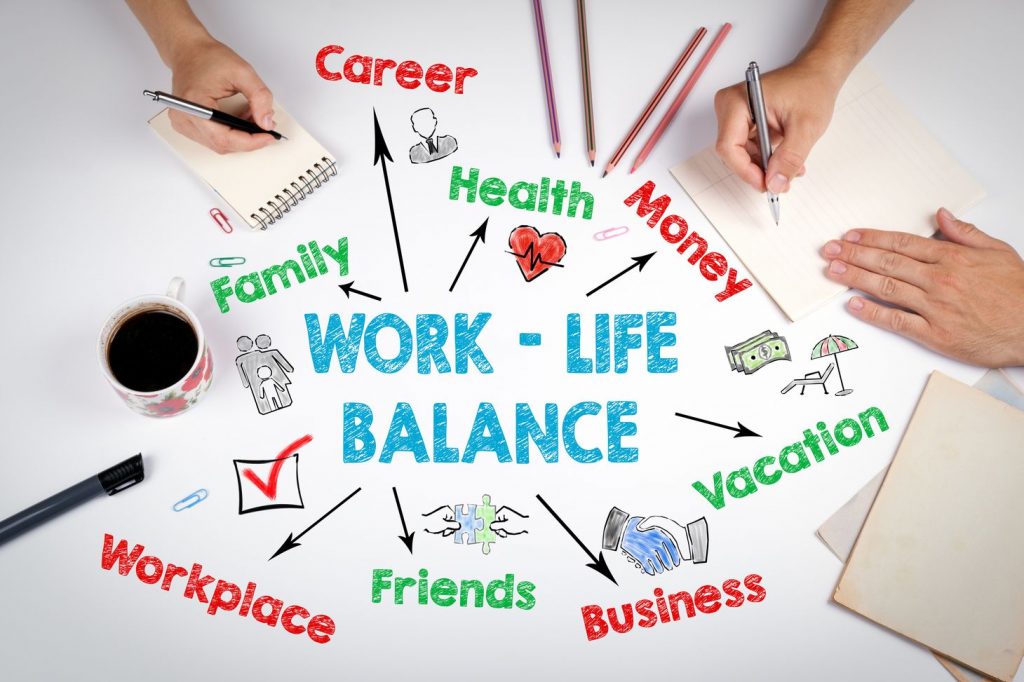
In today’s fast-paced business world, many CEOs fall into the trap of becoming Chief Everything Officers. Instead of leading strategically, they micromanage every detail—often at the expense of their well-being.
This approach stifles growth and leads to burnout in leadership, affecting not only the leaders themselves but also their teams. The truth is, successful leadership isn’t about doing everything. It’s about empowering others, delegating wisely, and maintaining a healthy work-life balance.
In this blog, we’ll explore:
-
Why strategic delegation is essential
-
How leaders can prevent burnout
-
What it takes to build a supportive workplace
-
The role of transformational leadership
-
When to seek expert help for lasting balance

Why Delegation is Essential for Leadership Success
Delegation is the process of assigning tasks to team members, allowing leaders to focus on strategic decisions and long-term goals. Studies show that CEOs who delegate effectively can significantly boost their company’s performance. By trusting team members with responsibilities, leaders not only lighten their own workload but also empower employees, fostering confidence and job satisfaction.
Key Benefits of Delegation:
- Increased Productivity: Leaders can focus on high-priority tasks while team members handle operational responsibilities.
- Employee Growth: Delegation helps employees develop new skills and take ownership of their work.
- Improved Morale: Trusting employees with important tasks boosts their confidence and engagement.

Preventing Burnout: A Systemic Approach
Burnout—a state of emotional and physical exhaustion caused by prolonged stress—is a growing concern in the workplace. Preventing burnout requires more than individual self-care; it demands systemic changes in workplace culture. Leaders play a crucial role in creating an environment that prioritizes well-being.
How Leaders Can Prevent Burnout:
- Promote Fair Workloads: Ensure tasks are distributed evenly and avoid overloading team members.
- Encourage Open Communication: Create a safe space for employees to voice concerns and seek support.
- Set Clear Boundaries: Encourage employees to disconnect after work hours and respect their personal time.
Building a Supportive Work Environment
A positive work environment is essential for employee well-being and productivity. Leaders can foster this by modeling self-care behaviors, recognizing early signs of burnout, and encouraging team members to take regular breaks and pursue hobbies outside of work.
Tips for Creating a Supportive Culture:
- Lead by Example: Demonstrate healthy work habits, such as taking breaks and prioritizing self-care.
- Recognize Achievements: Celebrate team accomplishments to boost morale and motivation.
- Encourage Work-Life Balance: Support flexible schedules and remote work options when possible.

Transformational Leadership: Inspiring Teams to Thrive
Transformational leadership is a style that inspires and motivates teams by promoting a shared vision and providing support. This approach has been linked to increased employee engagement and reduced stress levels. By adopting transformational leadership, leaders can enhance both employee well-being and organizational commitment.
Key Traits of Transformational Leaders:
- Visionary Thinking: Communicate a clear and inspiring vision for the future.
- Empathy and Support: Understand and address the needs of team members.
- Encouragement of Growth: Foster a culture of continuous learning and development.

Achieving Balance with Professional Guidance
If you’re a leader seeking more balance in your life, it might be time to seek professional guidance. Kimberly, a renowned expert in leadership coaching, specializes in helping leaders and entrepreneurs achieve sustainable success while maintaining balance. Her approach focuses on effective delegation, prioritizing well-being, and empowering leaders to thrive.
Redefining Leadership in 2025
The future of leadership lies in embracing delegation and prioritizing well-being. By empowering teams and fostering a culture of health, leaders can enhance organizational performance while ensuring their own personal fulfillment. In 2025 and beyond, successful leaders will be those who balance strategic vision with a commitment to their team’s well-being.
Key Takeaways
- Delegate Effectively: Trust your team and focus on high-impact tasks.
- Prevent Burnout: Promote fair workloads and open communication.
- Foster a Positive Culture: Lead by example and encourage work-life balance.
- Adopt Transformational Leadership: Inspire and support your team to achieve shared goals.
- Seek Professional Guidance: Work with experts like Kimberly to achieve sustainable success.
By implementing these strategies, leaders can create a thriving workplace that drives both personal and organizational success. Start your journey toward balanced leadership today!
